Help! I Don’t Think My Resume Is Effective
Did you write a resume, write a cover letter, and spend hours sending them out? Have you been sending out resumes by the dozen only to get no reply? Are you sending out resumes to jobs you know you are qualified for (or perhaps overqualified) but not getting even a bite at an interview? Do your abilities match up well with every job you’ve been applying to? If so, you might be wondering how do you write an effective resume that gets results?
There are many reasons that this could be happening to you – and no matter the reason, there’s no question that a lengthy, unsuccessful job hunt is frustrating. Even if you are still currently employed and just looking around because you want to make a move, it can be disheartening to spend time on applications, resumes, and cover letters only to get no response. This is especially true in today’s employee’s market for jobs – so many employers are looking to hire, that it can be extra frustrating when you don’t get a call, whether you’re looking for an entry-level position or an executive position.
The answer might not be your resume, but it certainly doesn’t hurt to start by taking a hard, analytical look at the resume you are sending in to prospective employers. Writing your resume is hard, and it doesn’t hurt to take a second look guided by questions from an objective professional resume writer. As a resume writer, there are a few red flags that I run across often. Let’s go through a few questions that can help you assess where your resume may be going wrong, and how you can better show a potential employer that you are a top candidate.
Do I Only Have One Version Of My Resume?
If the answer to this question is yes, then I can tell you that is a major problem. You should have a master resume that covers your entire career history, accomplishments, skills, and strengths, but that should not be the resume version that you send out to an employer. Having multiple versions of your resume is one of the best resume writing tips I can give.
You should have a few versions of your resume, each tailored to different companies and positions. Every time you apply to a new position, you should make revisions to a version of your resume so it better fits that company and job. Tailor your resume to make it speak to the needs of the prospective employer and how your work experience can help them meet those needs. A resume that is about the employer is much more effective than one that is about you, and is much more likely to land an interview where you can talk more about your accomplishments and qualifications.
What makes a good resume is different from employer to employer, from job to job, and applicant to applicant. The one thing all good resumes have in common, though? They’re all different, and all individually tailored. Go ahead and look at resume examples and sample resumes online, but don’t ever just plug your information into one. Customize your resume. It’s time consuming, but it’s worth it.
Does My Resume Still Have A Career Objective Statement?
If it does, strike it out and replace with either a career summary statement or a personal branding statement. A career objective statement talks about what you want from the employer, while a summary statement and a personal branding statement are both geared toward how your skill set and experience are qualifications that can benefit the employer.
Click here for guidance on writing a branding statement for your resume: https://greatresumesfast.com/3-step-formula-for-an-outstanding-personal-branding-statement/
Have I Proofread My Resume? Has Someone Else?
If the answer to either of these questions is no, that’s a problem. Spellcheck isn’t God, and what you think you are saying clearly you simply may not be. By the third time you read or rewrote your resume, you’re probably sick of it and reading what you want it to say. Have a friend (or two, or three) read it over. If they find typos or grammatical errors that you missed, that could very well be a reason you’re not getting interview calls. Even though it’s a phrase I advise you not to use directly on your resume, it’s still important that you are detail-oriented, and errors on your resume are a quick way to let a hiring manager know you didn’t take all the time you could have on this important document.
Is My Resume The Same Format and Layout As It Was Ten Years Ago?
Yes, we had Microsoft Word ten years ago and we still do today. Even if you’re using the same program to write your resume, it should not look the same. Think about the way that what you read throughout the day looks so different now than it did ten or fifteen years ago. Were ‘infographics’ included in every news article? Did you scroll past an all-text Facebook post to get to the one with a graphic and bolder text?
Apply these principles to your resume. Include some visuals such as charts or graphs to show how you increased revenue or achieved other goals for your employer. Bold certain phrases. Put testimonials from clients or employers in a colored background. In other words – use a modern resume format.
A modern resume layout will help you stand out as it will guide a prospective employer’s attention to the most important information on your resume while holding their attention as they are able to read the way they have been trained to do by the modern world and its social media, smartphone, and internet-focused manner of information sharing.
For format and layout ideas, you can visit the resume samples page of the Great Resumes Fast website.
Is My Resume ATS-Optimized?
If it’s been awhile since you’ve applied for work, this question might make you say, “huh?” and you’re not alone.
ATS stands for Applicant Tracking System, a common method used by employers to weed out resumes based on keywords using a computer program. Before your resume even gets near a human’s eyes at many companies, it has to get through a computer first.
Wondering how to make sure your resume is ATS-optimized? This article has advice on navigating this aspect of a job search in the 21st Century: https://greatresumesfast.com/optimizing-resume-ats/
Are You Showing Or Telling?
Does your resume tell the story of your experience and your accomplishments along the way, or is it just one long list that tells an employer you have these qualities or that experience?
A prospective employer wants to see results, they don’t just want to hear you call yourself results-driven, or successful, or an expert. Use numbers. Share achievements. SHOW what you have done, don’t just claim to have done it.
Do you have a sentence in your work experience section that reads something like this: “Skilled at growing revenue within certain product line”?
Good for you – but I could claim that too and no potential employer would know the difference. Instead, write something like this: “Adopted new sales tactics and trained sales team in use of tactics, resulting in increased revenue growth within certain product line by 125% over 5 years.”
Here we find out you’re not only skilled at sales as you claimed, but that you are also an effective leader (another phrase you shouldn’t just use without achievement context). You’ve separated your resume out from the dozens of others that lack specific achievements and just have buzzwords. Replace cliches, soft skills, and meaningless jargon with action verbs that show the story of your career path.
If you just have years of experience listed and think that’s enough to tell how good you are at your work, you’re wrong. Years of experience don’t say anything except how long someone is able to sit at a desk. We’ve all worked with people just biding their time before retirement (think Stanley and Creed on The Office). Couple your years of experience with achievements and growth in relevant skills to demonstrate that you are always working to achieve, and in doing so, are helping your employer achieve their goals.
Other Concerns
I have a one-page resume – is that too short? It is, if you’re well along in your career and have enough solid experience to fill a second page. The one-page resume is a myth – extend your resume to two pages if you can do so and keep it strong and impactful. But don’t write a two-page resume or a three-page resume just for the sake of having one. Adding fluff can turn a good resume into a bad resume very quickly.
I have gaps in my employment history – is that hurting me? It doesn’t have to if you arrange your resume correctly. Call your “Work Experience” section something like Career Highlights, and don’t include everything you have ever done going back 20 or thirty years. Instead, focus on the actual relevant highlights – then explain any questions about gaps after you land an interview and are sitting face to face with the employer.
My work history is all with one company – is that bad?
Not at all! That shows loyalty – just be sure to use the same strong language around achievements, accomplishments, etc. that you would for advancement between companies. Also, this is a case where you shouldn’t force a second page for your resume. Great resumes don’t depend on length- they depend on the strength of the language in describing the qualifications of the applicant.
Ready To Go? Get Analyzing
Even if you’ve had a call or two or a couple of interviews, it doesn’t hurt to assess your resume and what might need to be changed. Even if you have a few different versions of your resume, you may find that one is weaker than the others and small adjustments can make a big difference. A strong resume may reap big benefits from some keyword adjustments that help with ATS optimization, and a weak resume may need a lot more work – but in the end, it’s worth it. After all, the time you put into your resume now is an investment in your career. For many, many more resume writing tips, browse the blog section of the Great Resumes Fast website. You will almost certainly find more information than you thought you could ever need about how to write a resume and how to improve a resume. Before sending your resume to a hiring manager, be sure you’ve done all that you can to make it effective.
If you’d like a professional assessment of your resume and help writing a resume that is powerful and impactful and gets the attention of hiring managers, contact Great Resumes Fast. Our professional resume writing service provides personalized service so that you receive a resume tailored to your career needs. We don’t use templates, and you won’t be asked to fill out an impersonal survey. Instead, you’ll have a real conversation with a professional resume writer to get started before we create a resume to help get you results and achieve your career goals.
Share this post:

About the author
Jessica Hernandez, President, CEO & Founder of Great Resumes Fast
Hi, I’m Jessica. I started this company back in 2008 after more than a decade directing hiring practices at Fortune 500 companies.
What started as a side hustle (before that was even a word!) helping friends of friends with their resumes has now grown into a company that serves hundreds of happy clients a year. But the personal touch? I’ve kept that.
You might have seen me featured as a resume expert in publications like Forbes, Fast Company, and Fortune. And in 2020, I was honored to be named as a LinkedIn Top Voice of the year!
I’m so glad you’re here, and I can’t wait to help you find your next perfect-fit position!
2 Comments
Leave a Comment
Improve Your Resume: Download Your Free Executive Resume Template Today
Are you struggling to create an executive resume that will impress employers? Download this free executive resume template and receive a series of 10 emails with expert guidance on how to write resume content that resonates with employers so you get more interviews.
It's everything you need to stand out, make an impression, and accelerate your job search.
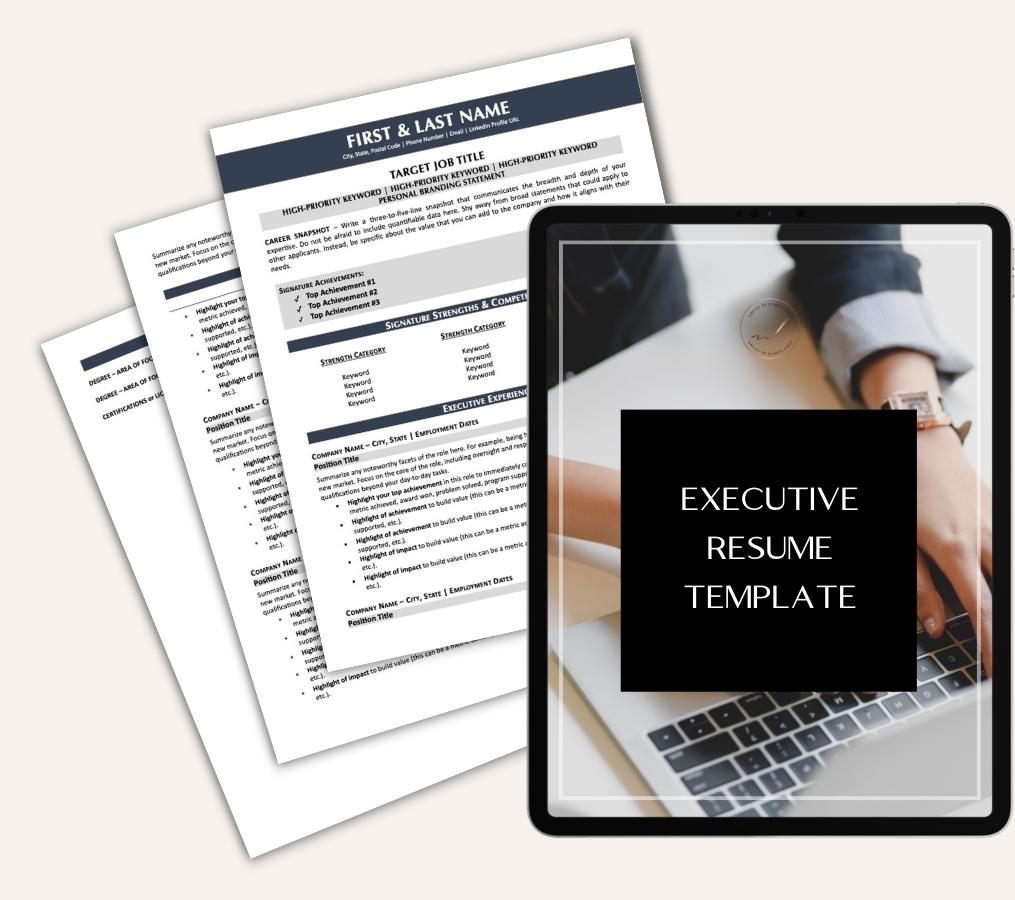

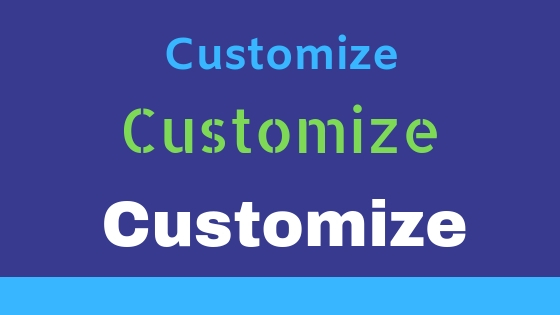

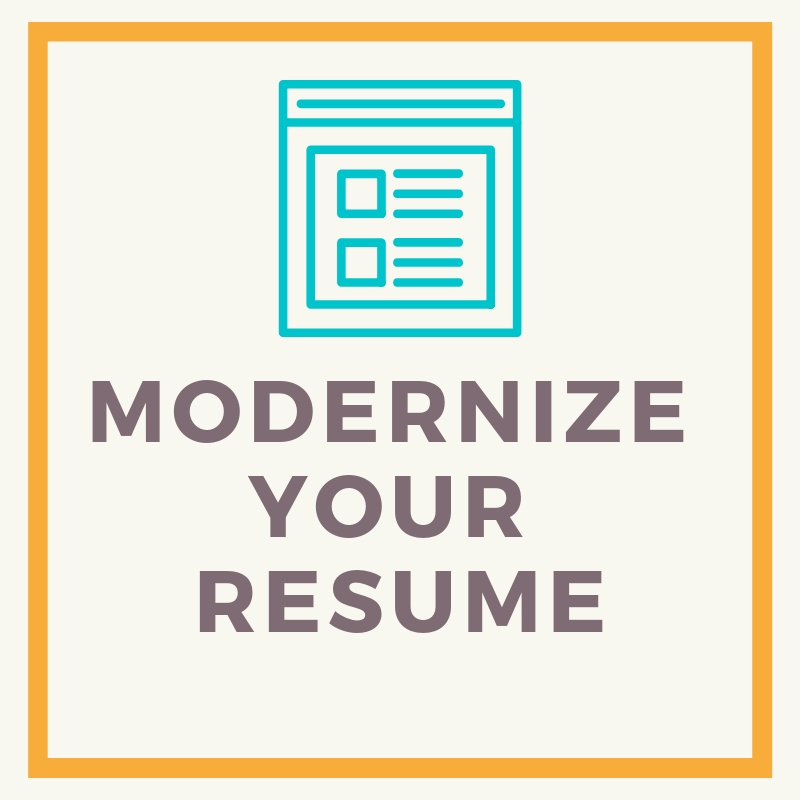
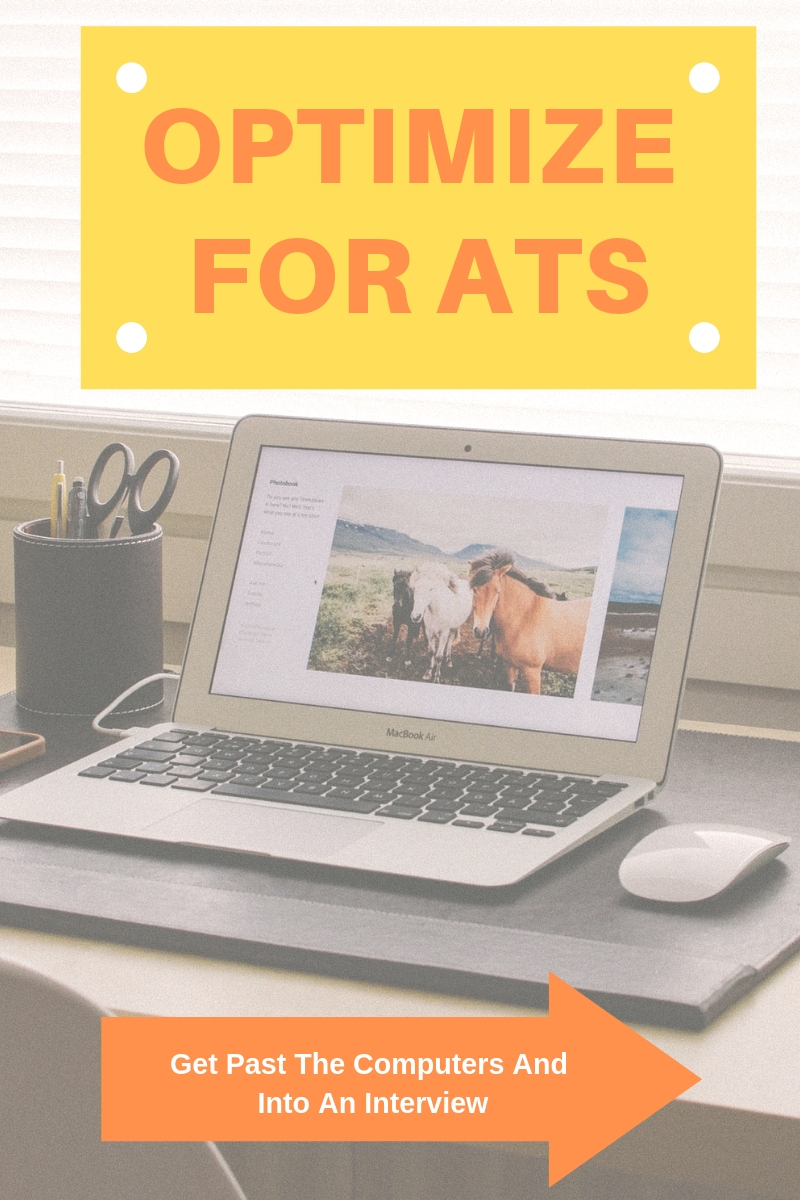

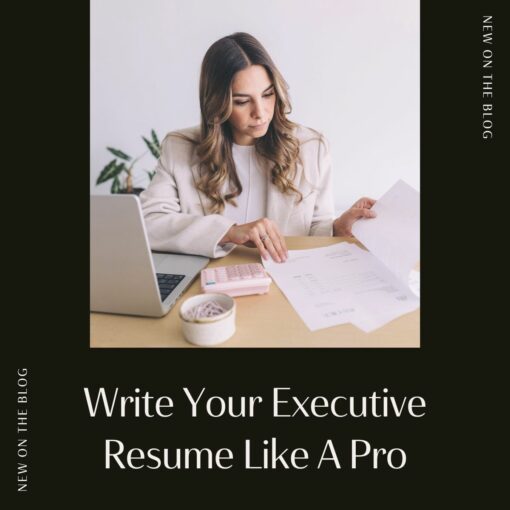
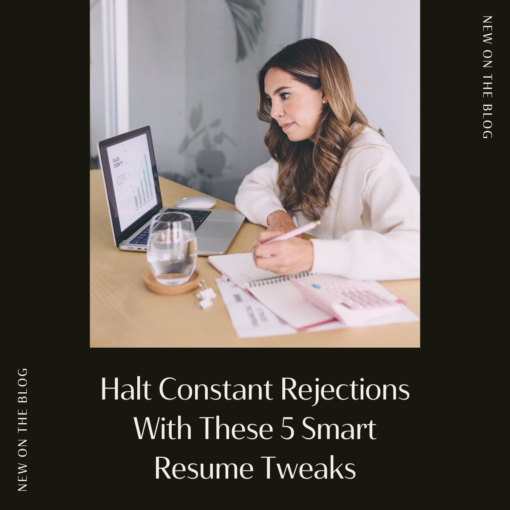




[…] post Help! I Don’t Think My Resume Is Effective appeared first on Blog | Great Resumes […]
[…] post Help! I Don’t Think My Resume Is Effective appeared first on Blog | Great Resumes […]